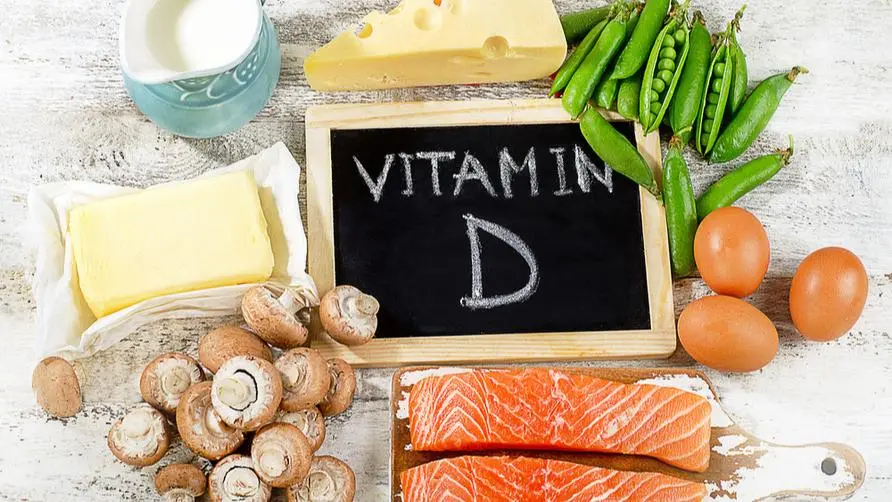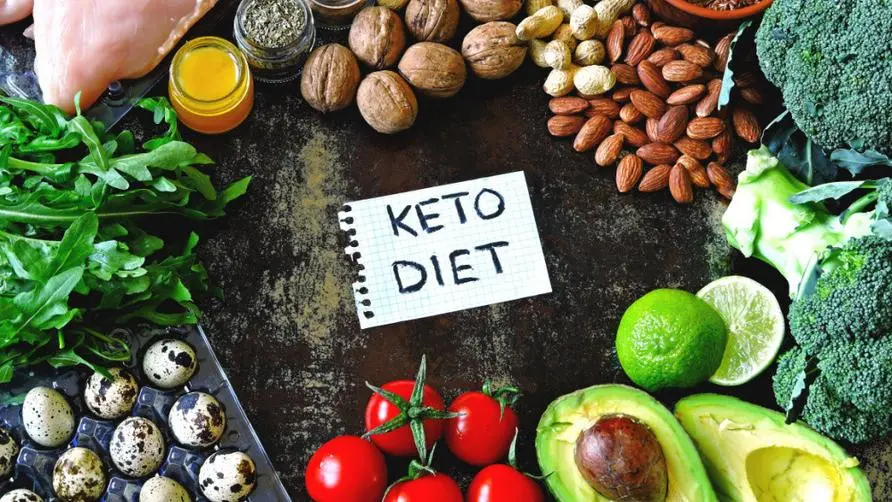"Cholesterol restriction" is not a dietary priority? Nutritionists list "3 concepts" to clarify: Don't be too obsessed with numbers

Does the diet need to limit cholesterol? Nutritionists list “3 concepts” to clarify
Is it necessary to limit dietary cholesterol? Since the 2015-2020 Dietary Guidelines for Americans removed the daily upper limit for cholesterol, this issue has been a hot topic until now. In order to answer this question, I recently searched the literature and found an article published by the American Heart Association (AHA) in 2019: “Dietary Cholesterol and Cardiovascular Risk.” The American Heart Association is definitely the authority in this regard. In this article, it has compiled the recommendations on cholesterol limits from major dietary guidelines in recent years. The following translations are provided for public reference:
The “Lifestyle Management Guidelines for Reducing Cardiovascular Risk” published by the American Heart Association/American College of Cardiology in 2013 did not make recommendations on dietary cholesterol and stated: “There is currently insufficient evidence to show that reducing dietary cholesterol intake, can reduce low-density cholesterol lipoprotein (LDL)”; and the 2015 dietary guidelines recommended canceling the upper limit of cholesterol (the previous version recommended a daily upper limit of 300 mg of cholesterol), the same reason is that the existing evidence is not enough There is not enough evidence to show that dietary cholesterol affects blood cholesterol.
The “Primary Prevention Guidelines for Cardiovascular Disease” published by the American Heart Association/American College of Cardiology in 2019 emphasizes a dietary pattern based on plant protein rather than animal protein, and states that: cholesterol and sodium content are relatively high. A low-calorie diet is beneficial for reducing atherosclerotic cardiovascular disease.
In 2015, the National Blood Lipid Association’s recommendations for patients with dyslipidemia were still based on maintaining a daily limit of dietary cholesterol intake below 200 mg. It also stated that on average, although there are still low responders and high responders There is a difference (about 75% of people are low responders, that is, eating dietary cholesterol is not reflected in blood cholesterol, but there are still 25% of people who are high responders), dietary cholesterol will moderately increase total cholesterol and LDL cholesterol rises.
This article cites many studies, including observational studies, generational studies, comprehensive analyses, etc. Due to the large content, I will not go into detail here. In short, the research results are inconsistent. Most of them show that dietary cholesterol is not related to cardiovascular risk, but some show that it is related. As for the studies that show that there is a correlation, most of them do not exclude other dietary factors, such as total calories, dietary fiber, saturated fat, etc. wait. It is worth mentioning that 2 out of 3 studies using “type 2 diabetes patients” as the observation subjects showed that egg intake is positively correlated with coronary heart disease.
Cholesterol restriction non-dietary priority? It is safest to adopt “these two” eating patterns
The American Heart Association recommends that everyone focus on a “healthy eating pattern,” such as the DASH diet or the Mediterranean diet, which emphasizes vegetables, fruits, whole grains, low-fat or skim dairy, low-fat protein sources, nuts, seeds, and vegetable oils. ingest. This type of dietary pattern contains lower saturated fatty acids and cholesterol and higher polyunsaturated fatty acids. Due to the high cholesterol content of egg yolks (each egg contains approximately 186 mg of cholesterol), different groups of people must pay attention to the following when eating them:
Healthy and normal people: can consume 1 egg per day.
Lacto-ovo vegetarians: Since lacto-ovo vegetarians do not have cholesterol-containing meat foods in their diet, they can increase their intake of eggs and dairy products appropriately.
Patients with dyslipidemia: Especially those with diabetes and risk of heart failure, need to be careful when consuming foods rich in cholesterol.
Elderly patients with hypercholesterolemia: Due to the high nutritional value of eggs and the convenience of obtaining them, they can consume up to 2 eggs a day, but only if their usual diet is a cardiovascular-healthy eating pattern.
As for other research, I found a Korean document when searching for literature, and I thought it was worth sharing with everyone. The study collected data from the Korean Health and Nutrition Examination Survey from 2012 to 2016 and found that dietary cholesterol intake was positively correlated with abnormal total cholesterol and abnormal LDL. However, if the factor “saturated fat” was excluded, the two were not correlated. In addition, processed meat intake is positively correlated with total cholesterol and LDL.
Is eating too much of “two types of fat” harmful to your health? Nutritionists urge: Don’t be overly obsessed with cholesterol intake
Foods with high cholesterol often also have a high proportion of saturated fat. For example, “pork intestine” is a food with high cholesterol content and high saturated fat content. Therefore, it is impossible to clarify whether it is cholesterol or saturated fat that causes high cholesterol. Fat. The American Heart Association also mentioned that although the cholesterol content of egg yolks is high, eggs are often eaten with processed meats (such as brunch in the United States). Therefore, in observational studies, which food is good for the heart? It is difficult to clarify the burden caused by blood vessels.
Compared with dietary cholesterol, it is certain that “saturated fat” and “trans fat” will increase blood cholesterol (especially low-density cholesterol). All existing studies have pointed out that eating more vegetables, whole grains, fruits, nuts and seeds in moderation, and using non-tropical vegetable oils, similar to the DASH diet or the Mediterranean diet, will have a protective effect on cardiovascular disease.
So maybe you don’t have to be obsessed with how much cholesterol you can take in every day, but make your diet in a healthy direction, which will be good for your overall health! Finally, it must be emphasized that since there are bound to be individual differences, reading such health education articles cannot replace consultation. Therefore, it is still recommended to have regular health checkups, discuss with a nutritionist, and adjust step by step to a diet that is most suitable for you.
References:
Carson, JAS, Lichtenstein, AH, Anderson, CAM, Appel, LJ, Kris-Etherton, PM, Meyer, KA (2019).
Dietary Cholesterol and Cardiovascular Risk: A Science Advisory From the American Heart Association. Circulation. Cha, D ., & Park, Y. (2019).
Association between Dietary Cholesterol and Their Food Sources and Risk for Hypercholesterolemia: The 2012–2016 Korea National Health and Nutrition Examination Survey. Nutrients, 11(4), 846.
Further reading:





